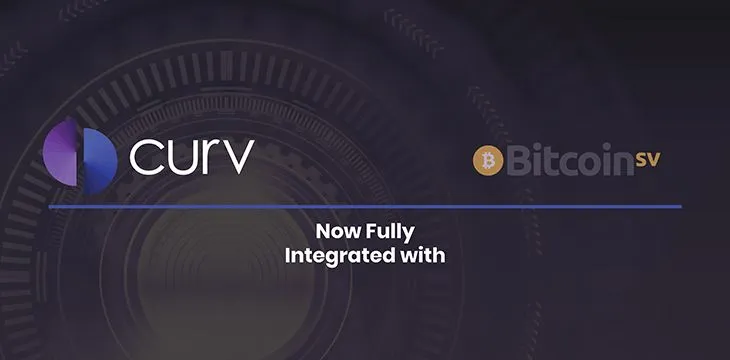|
Getting your Trinity Audio player ready...
|
One of the barriers to entry for new Bitcoin users are private keys, as many new users lose access to their wallet and have an incredibly difficult time retrieving their digital assets. That problem is finding its solution on the Bitcoin SV (BSV) blockchain, as the Bitcoin Association has announced Curv will be fully supporting the BSV chain.
Curv seeks to remove the single point of failure that private keys represent. They do so using a mathematically secure way to conduct transactions on the blockchain. This keyless cryptography makes Bitcoin easier to approach for new users, and safer overall.
The wallet service company also goes a step further, introducing digital asset protection for its customers. Up to $50 million in Bitcoin can be protected from the company’s partnership with Munich RE, a global insurance company with 139 years of experience.
“We have secured another partner for the Bitcoin SV ecosystem that ensures BSV institutional users gain multi-signature wallet functionality and can use large-scale applications on top of the Bitcoin SV blockchain, without needing to compromise on security and flexibility,” said Jimmy Nguyen, Founding President of Bitcoin Association. “We hope that enterprise adoption of BSV will accelerate and Curv’s infrastructure will play a critical role in supporting this scalability and more future business use of BSV multi-signature transactions.”
Curv also has compatibility with BSV’s multi-signature transactions. This presents users with the ability to securely manage and trade other tokens on ECSDA and EDDSA blockchains. With its patent-pending Multi-party computation (MPC) protocols, users can also conduct transactions safe in knowing they will be securely approved and verified off chain and eliminate the need for private keys.
“Our clients trust us to enable their business and help secure their digital assets,” said Curv’s COO Josh Schwartz. “We view it as our obligation to ensure customers have the freedom to hold, trade, and interact with any and all digital assets. They should feel empowered to let the market dictate the assets they choose to support and not be limited by their wallet provider’s capabilities.”

 08-20-2025
08-20-2025 




